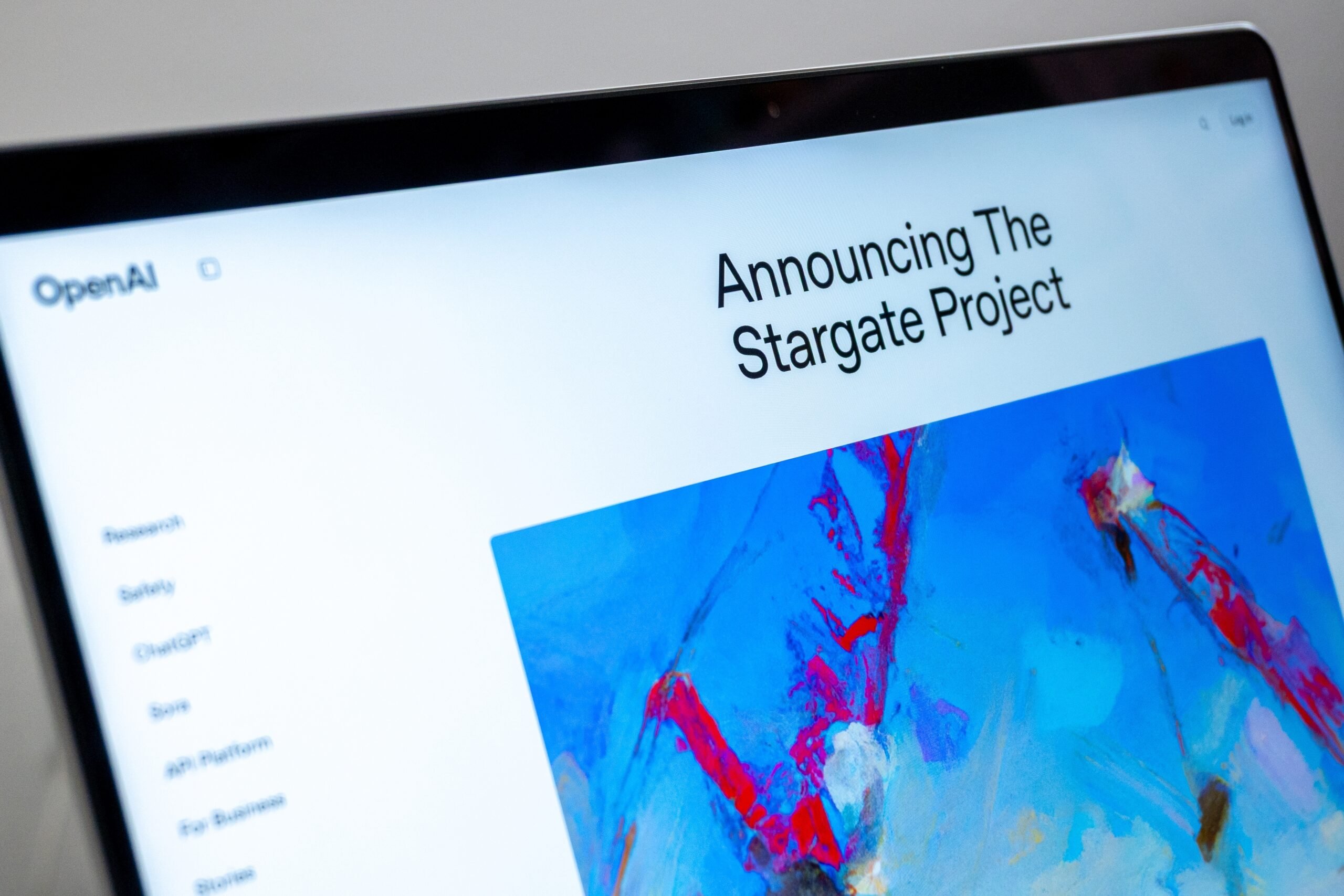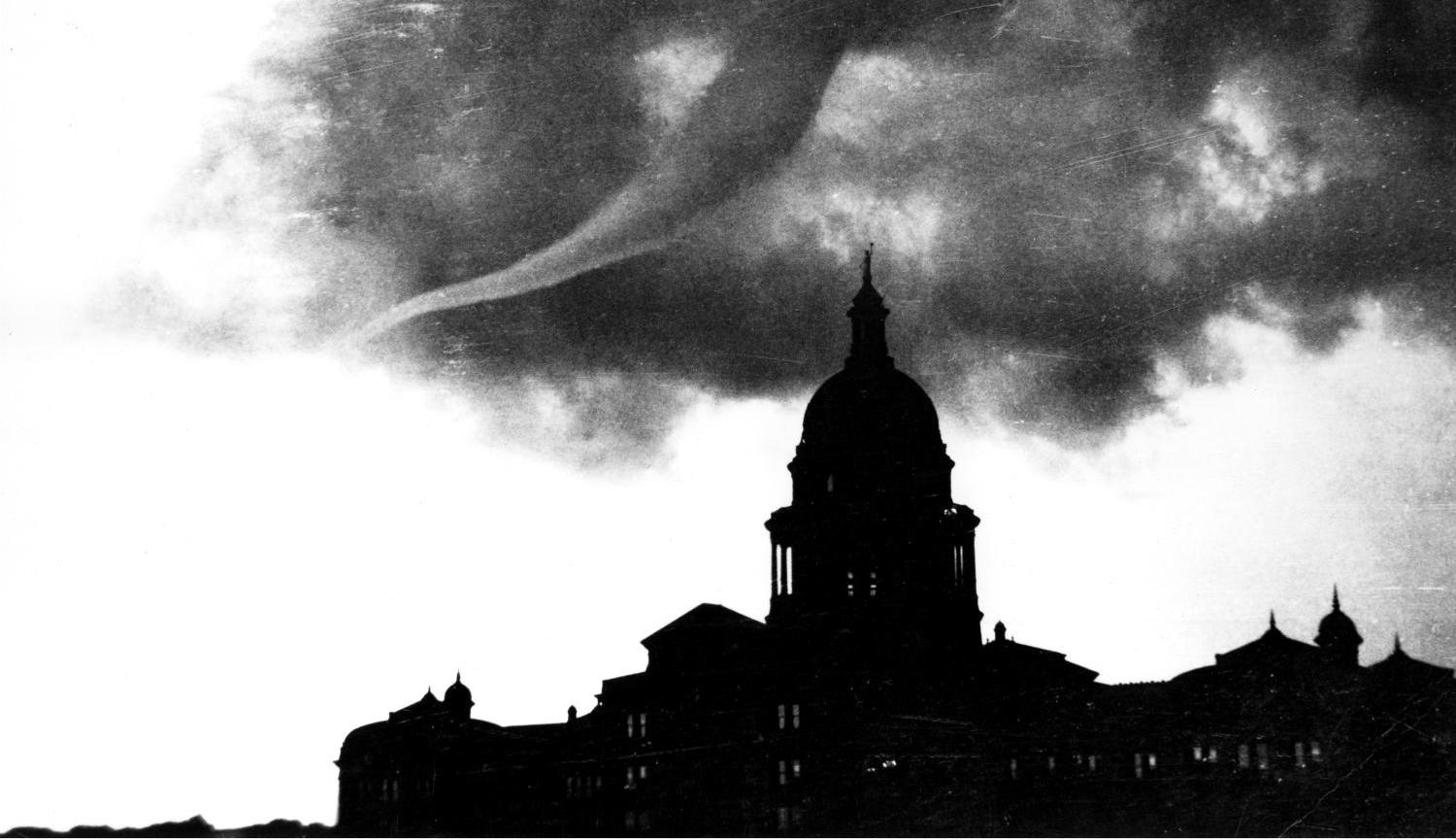ustxtxb_obs_1967_03_31_50_00008-00000_000.pdf
Page 10
THE McNEELY THESIS: PART TWO The Conservatives’ Dilemma Austin McNeely details the dilemma of potential Yarborough opponents in 1964; the basic problem, of course, was President Johnson’s evident wish that Yarborough face no serious challenge. LBJ’s reasons were basically those of party unity in a year when Johnson faced reelection. The most likely of six potential challengers to Yarborough in 1964 was Cong. Joe Kilgore of McAllen. Kilgore told McNeely that he was facing a serious challenge in his Valley district that year from P.A.S.O. \( the Political Assn. of Spanish-Speaking probably run a statewide race for about the same money as he would have had to spend seeking return to Congress. Cong. Jim Wright of Fort Worth decided to wait until 1966 to challenge U.S. Sen. John ToWer instead of Yarborough; he wouldn’t haVe felt “right” running against Yarborough, Wright told McNeely, since both have Many of the same supporters. Jim Lebnard, a Republican Party worker who is knowledgeable of Texas politics, told McNeely that Allan Shivers might have made the race in ’64 but for some private polls , that showed he couldn’t win. Despite. the signals from the White Hot:1Se ? ,Kilgore seemed intent on making the race. McNeely tells a story that he was ,tbld ,about a phone call to Johnson frOm Tekas. The President’s support was demanded for :KilgOre, the story goes, while some 70 Texas conservatives listened in on ‘a loudspeaker hookup. LBJ refused, but would not have, if the Kilgore forces 1-id not pressured JohnSon through the use of the loudspeaker hookup. So McNeely was told by another of the unidentified sources in his thesis. Whether Kilgore really expected. the President’s help is not known; anywaY, he finally decided not to challenge Yarborough in 1964. Connally became so unhappy about the situation that he was said to have been, for a time, considering running against Yarborough himself. LBJ was said to be Worried about Connally’s feelings and called Wright on the night of the filing deadline, saying Wright might have to run to pacify Connally. Johnson said he would call back later, but didn’t. Finally, at almost literally the last minute, the virtually unknown McLendon filed for the race. Shivers told McNeely that he tried to persuade McLendon not to make This is the second of two articles discussing the findings of a master’s thesis written about the 1964 Senatorial primary race in. Texas between Ralph Yarborough and Gordon McLendon. The thesis was written by Dave McNeely, who is now a state capital correspondent for the Houston Chronicle. 8 The Texas Observer the race since he didn’t believe he had a chance. Asked by McNeely if anyone had tried to discourage him from entering, McLendon said “Everyone I talked to.” Frank Erwin, who was then the executive secretary of the Democratic Party told McNeely that McLendon was an “egomaniac” who thought he could win. McLendon said he thought he had a chance. Jim Erwin told McNeely that, for his own part, he tried to keep himself from thinking about whether McLendon could win. Erwin was a top echelon worker in the McLendon campaign. Yarborough says that he wasn’t surprised by the seemingly sudden entrance of McLendon into politics; the Senator recalled that McLendon had gone to Washington in 1962 and had run a full-page ‘ad in the Washington papers on the day of the Negro march on Washington; the ads said that the march was 100 years too late. Yarborough told McNeely that he had thought, at the time, that this was an Back in the 30’s Most Texans are familiar with Sen. Ralph Yarborough’s three races during the 1950’s for governor, but Dave McNeely, in his thesis, recalls that Yarborough ran for attorney general in 1938, finishing third \(with 21% of tion field. Also, Yarborough considered running for Henderson County Attorney not long after graduating from law school. But his wife-to-be said she wouldn’t marry him if he made the race. Yarborough decided in favor of marriage. LI indication that McLendon would run for office later. Also, Yarborough recalled, McLendon had, in 1960, attended a dinner at which the Senator spoke and had asked questions which caused Yarborough to think then that McLendon had political ambitions. McLENDON HIRED George Sandlin of Austin to run his campaign. Sandlin had run the Shivers campaigns of the fifties. Frank Erwin described Sandlin’s organization as “bankrupt” in 1964, since it had no active leader, such as Shivers. Another McLendon backer described Sandlin’s organization as a “wornout political machine.” Before the $50,000 story broke, McLendon told McNeely, he had trouble getting crowds out. One way devised to attack this problem was the importation of movie stars John Wayne and Chill Wills. The crowds came, McNeely recalls, but once they got there they paid little attention to McLendon. McNeely says that the participation of Wayne and Wills was, in part, forced on the candidate since the stars wanted to help out. “Although McLendon did get some free publicity on the movie stars’ coattails,” McNeely writes, “they proved more interested in having a good time than in getting McLendon elected. Occasionally, after McLendon’s staff had already scheduled a speaking engagement, Wayne would say, ‘Hell, I don’t want to go there.’ And he would not go.” Wills was said to have told a joke in Houston to a conservative organization, with wives present, that would have “caused blushes at a stag affair,” writes McNeely. Another method used by McLendon to lure crowds, McNeely writes, was to pay them to come. “In one instance in a college town, an acquaintance of one of McLendon’s campaign personnel was paid $150 to get students out to a McLendcin talk at an airport. The acquaintance parceled some of the money out to others, who got $5 each for bringing a carload of students to the airport.” In the campaign Yarborough stressed his incumbency. Civil rights was a par= ticularly hot issue then; McLendon told McNeely that he couldn’t have dented Yarborough’s Negro vote even if he had become as liberal on the race issue as the Senator. So he decided to appeal to Civil Rights Bill foes. Yarborough played down the race issue. Yarborough staff member Herman Adams told McNeely that if the Senator has discussed the issue it would not have helped. And most of Yarborough’s followers knew how he stood on the question anyway. However, Adams recalled, some East Texas Yarborough supporters did distribute literature quoting McLendon as favoring equal rights for Negroes. McNEELY THINKS that the truth of the $50,000 story may never be known, at least until the Johnson administration is out of officethe implication being that if there was a donation by Estes in 1960 LBJ shared significantly since Johnson was facing re-election and Yarborough was not. But what of future Yarborough races; won’t the allegation be raised again? George Bush, in his 1964 general election race against Yarborough, frequently referred to the Estes charge. The story persists today that the Dept. of Public Safety lie detector tests that were given the two witnesses in the Estes $50,000 case are in Connally’s possession awaiting disclosure at the right time perhaps in 1970 when Connally or some other candidate might challenge Yarborough; or in 1968, should Yarborough run for governor. In 1970, McNeely points out, President Johnson will have fewer reasons than in 1964 to aid Yarborough, since LBJ will not be up for reelection. Dallas reporter Jimmy Banks, mentioning the lie


